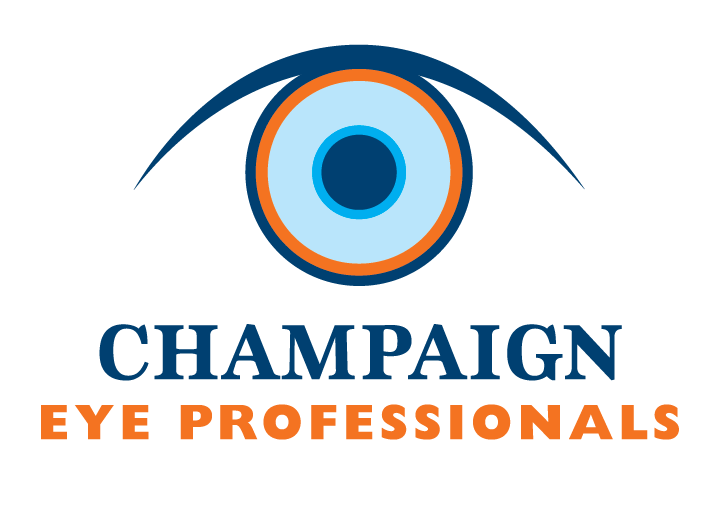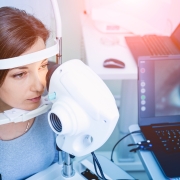Polycarbonate Vs. High-Index Lenses: Which Ones Are Right for You?
If you’re trying to settle on the best type of eyeglasses in Champaign, IL, for you, you might be more interested in what kind of frame will best fit the shape of your face.
However, before you start checking your wardrobe to see how well it matches the color of the exterior frame, you might want to consider which lenses will be best for your eyes. If you’re between polycarbonate or high-index lenses, we’ll look at what you should know.
How to Choose
Before deciding, keep the following in mind:
- Prescription: In general, you’re better off choosing a high-index if your prescription is more severe, meaning anything above -5 and anything higher than +3. (This is usually the easiest way to choose.)
- Weight: Polycarbonate is lighter than high-index, even if it’s actually slightly thicker than high-index lenses.
- Clarity: In terms of how clear the lenses are, you might be surprised to learn that they’re about the same. High-index ranks as slightly better, but the difference is negligible for most people.
- Safety: Polycarbonate is extremely durable, making it an excellent choice for children or for anyone wearing glasses while playing sports.
- Upgrades: If there’s a new upgrade on the horizon, chances are you’ll be eligible for it if you get polycarbonate. If you think you’ll get an add-on, like a tint, see if you’re eligible for polycarbonate.
Eye Doctors in Champaign
If you’re looking for an eye doctor in Champaign, IL, who can steer you in the right direction, Champaign Eye Professionals can tell you more about which material will work best for your long-term health. The quality of the lenses you choose can have a lot to do with not just how well you see but also how your eyes fare over time.





